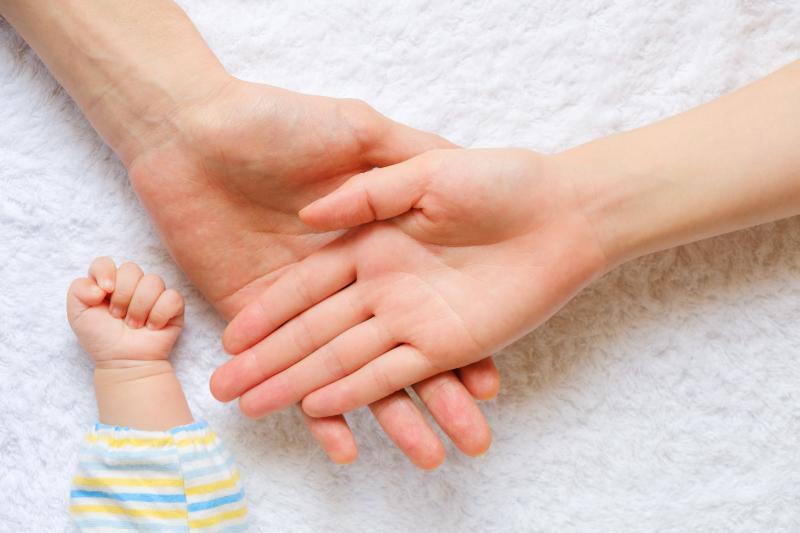Jaundice is a common condition in newborn babies that causes a yellowing in the skin and eyes. It occurs when the levels of bilirubin (a yellow pigment of red blood cells) in the bloodstream are high.
Although it is often a temporary issue that does not need specialized attention, some cases can be a symptom of complicated conditions, such as liver damage or gallstones. Early recognition and treatment are vital to prevent bilirubin from rising to dangerous levels.
Jaundice in babies usually happens when babies are born before 38 weeks of gestation and do not have wholly developed livers that can break down and excrete bilirubin.
Other types of jaundice may include the following.
- Obstructive jaundice happens when the bile duct between the pancreas and liver becomes blocked.
- Hepatocellular jaundice appears due to liver damage.
- Hemolytic jaundice develops when an abnormal breakdown of red blood cells leads to excessive bilirubin.
Symptoms of jaundice may include:
- Yellowish skin and eyes: If you press gently on your baby’s forehead with one finger and the pressed area looks yellow, they may have jaundice.
- Dark urine: Normal urine should be colorless or light yellow. However, babies with jaundice are likely to have darker urine.
- Pale stool: Generally, baby stool should be yellow, orange, green, or brown. If it’s gray, beige, or pale, it may be a symptom of jaundice.
When jaundice occurs because of a more severe condition like hepatitis, symptoms like fever, abdominal pain, nausea, or fatigue could start to appear. Do not hesitate to call your doctor if you notice any of these signs.
Severe symptoms should always be taken seriously when it comes to newborn babies. Call 911 or take your baby to an emergency room if your baby has:
- Trouble waking up
- Backward arching neck or body
- High-pitched cry
- Strange eye movements, such as gazing upward
Jaundice can be caused due to:
- Gallstones, which are crystals that build up in the gallbladder and obstruct the biliary duct
- Liver cell damage due to viruses like hepatitis
- Genetic or chronic diseases in the liver
Babies who are born prematurely are more likely to develop jaundice since their liver may not be developed enough to process bilirubin properly.
Additionally, babies with trouble breastfeeding may not produce enough bowel movements to clear away bilirubin.
Mild jaundice often disappears on its own after two or three weeks. For moderate or severe cases, your baby may need to stay longer in the newborn nursery to lower the bilirubin level in their blood.
Some treatments for jaundice may include:
- Enhanced nutrition through supplements or more frequent feeding
- Light therapy (phototherapy) which changes the structure of bilirubin molecules so they can be excreted in urine and stool
- Intravenous immunoglobulin (IVIg) to help decrease bilirubin levels caused by blood type differences between mother and baby
- Exchange transfusion to dilute bilirubin and maternal antibodies in your baby’s blood
Intravenous immunoglobulin and exchange transfusion are procedures rarely done. They are done when severe jaundice does not respond to other treatments.
Bilirubin levels usually start to lower with initial treatments and proper follow-up care.


